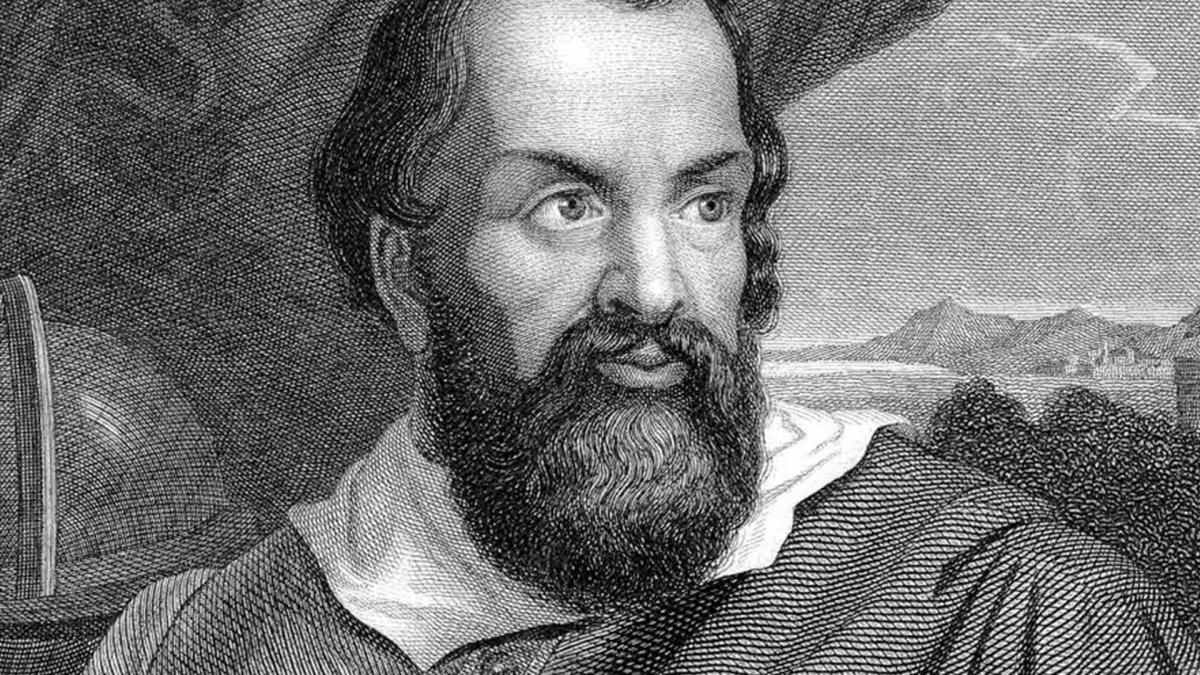Galileo and the Queen

I was looking at the night sky earlier - a frosty sliver of moon and a bright morning star - and I thought of Galileo, and what happened to him as a result of his ideas. In a nutshell, he was arrested, tried, and spent the rest of his life deprived of liberty because he believed in something we now see as too obvious to question: that our Earth revolves around our Sun, and not the other way around.
Galileo didn’t come up with the idea, and the reasons for his arrest were also political and personal – but nonetheless, he was tried by the Inquisition, told to renounce his heretical ideas, and denied any further publication of his writing. He spent the rest of his life under house arrest. At least he wasn’t burnt alive as some of his contemporaries were.
Why am I writing about him now? A couple of reasons:
- first, he was right. Yes, it’s obvious to us now that the Earth goes around the Sun, and we laugh at anyone who thinks otherwise. But it wasn’t obvious in the early 1600s – and the state of technology didn’t allow people to go up and take a look.
- secondly – and this is what interests me here – his thinking and his question were declared illegitimate by the authorities (by branding them heretical). It was not permitted to ask such questions. End of debate. End of story 1.
I think this is interesting, not because it shows that we know more and are therefore better; but because really it shows how little has changed. It seems that in our wise and knowledgeable twenty-first century, when clearly the Earth travels around the Sun, there are still areas of discourse which are off limits – which are illegitimate, because the available theatres of debate do not admit them. Dissenting ideas are dismissed as impractical and naïve, and therefore not worthy of consideration. Oh, sure, individuals and small groups can sound off as much as they like, and are (mostly) unlikely to be arrested for it. But only a very narrow range of ideas is admitted to the halls of power.
For example? Consider the way in which the markets dictate the value of everything (in Britain and the USA, at least). Anything that is not measurable in economic terms, and which does not bring an obvious and immediate economic benefit is immediately shut out as valueless. So that, for instance, housing in Britain is only permitted to be discussed in terms of what your house is “worth”.
Or that migration is only ever seen in negative terms.
And let’s not get started on the narrowness of the Brexit “debate”.
I’m sure you can continue without me.
So what? Well, we have to try. And as writers and creators it’s our duty to test the current orthodoxies to see how far they coincide with truth – even if we agree with them. Sometimes naïve is good. As the Queen said the other year – why did nobody see that the 2008 crash was coming?
1 Strictly speaking, you were allowed to consider the idea of a heliocentric universe, but you weren’t allowed to believe that it existed. Much as you may consider the idea of remaining in the EU, but are forbidden to do anything that might bring it about.
